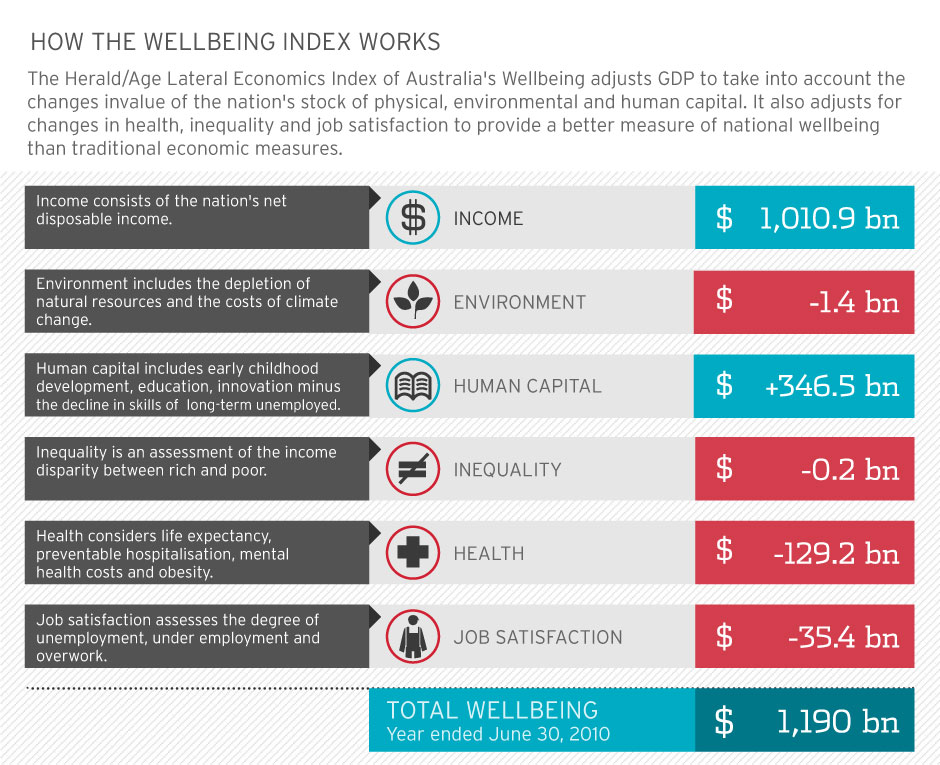ethics
On Moral Relativity and Conformity
There are many ways of living socially, and many moral systems that foster social and cooperative behaviour – none perfect, but some better than others in certain environments. That’s the crux of moral ecology, a theory I’m elaborating in my PhD thesis.
At its heart, moral ecology stresses that any norm, or system or norms, will enjoy greater or lesser success in fostering social and cooperative behaviour depending on the environment in which it exists, including the external environmental conditions as well as the internal dynamics of the group.
As such, different groups will settle upon different sets of moral norms which are appropriate to their particular environmental conditions, and that’s a good thing. Tribal cultures in hostile environments with limited resources may have norms that encourage hierarchy, honour, stability and group cohesion at the expense of sacrificing some cooperative opportunities with outsiders. Larger liberal societies might have norms that encourage fairness, tolerance, egalitarianism and cooperation, trading-off stability for greater innovation and cooperation internally and externally.
Were we to impose the one system of moral norms universally – say either the tribal or the mass society system, for example – I would suggest it would be an utter catastrophe, at least it would be in many environments. It would also stifle innovation and flexibility, allowing the system of norms to adapt to changing environmental conditions.
Thus moral ecology, in a sense, is a form of relativism. I’m arguing that different cultures (or, more accurately, cultures living in different environments) can and should employ different moral systems. The monism at the core, however, is that all these systems serve the same ultimate end: fostering social and cooperative behaviour within that group.


